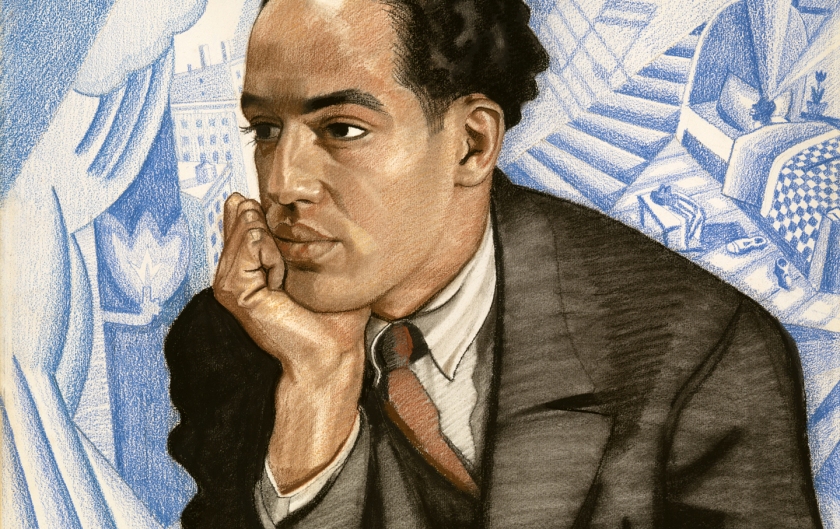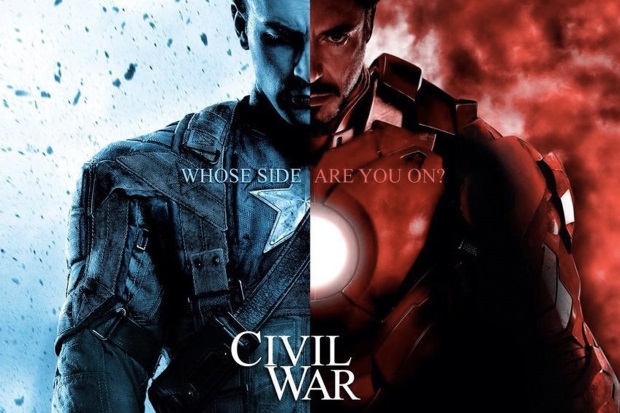Today I finish reading Langston Hughes’s biography Poet of the Harlem Renaissance presented by the Department of Afro-American Studies of Howard University.One of my favorite moment of reading this book was when the narrator said that “Hughes realized that World War II would bring many changes, including an end to segregation at home and colonialism in the third world. He knew that US could not pretend to defend democracy abroad while deny it to African Americans at home”. Langston Hughes was so right, he just said what I want to hear. In American society really your thoughts, the way you behave, and your freedom are controlled and influenced by white privilege. Langston Hughes’s feeling is our feeling – the pressure of racial oppression, and the need to find the sense of belonging. In addition, he traveled around the world, saw things and people, and opened up his mind. In his words, “I wonder as I wander”. his witness of racial relation across the world gave him an objective point of view of segregation and colonialism. I like few lines of the book I would like to share..
Along with ten former members of the film troupe, Hughes began a tour of Uzbekistan, Kazakhstan, and Turkmenistan, in the Soviet Far East. It took five days to travel from Moscow to Asia, across the desolate Soviet grasslands. On the train, Hughes saw the first evidence that what he had heard about the elimination of racism was true. He and his friends met a simply dressed traveler in his twenties from Uzbekistan. Probably a factory worker, Hughes thought. To his amazement, he found that the young man was the mayor of the ancient city of Bokhara, where they were headed. The Uzbek’s skin was the color of Hughes’s own. “in the Soviet Union dark men are also the mayors of cities,” Hughes noted with pleasure.
The short visit made a deep impression. Everywhere, they saw dark-skinned people running literacy and health programs. They saw Jews and other minority ethnic groups, previously denied many rights, participating in civic life. They saw women freed from veils, harems, and marriage-by-purchase. They saw African-American engineers and agricultural chemists treated as valued professionals by their soviet employers.
-From Chapter 7 “Across Russia, Around the World”
Hughes was particularly interested in writing about the several hundred black soldiers of the International Brigades. They had left their homes in the United States, the Caribbean, Africa, and elsewhere to fight voluntarily on the Loyalist side. He was also interested in contrasting them to the drafted African troops on the Fascist side. Hughes stayed more than six months in Spain, longer than he had intended. He sent back numerous dispatches and again wrote much poetry. One powerful poem, “Today”, reads:”
This is earthquake
Weather!
Honor and hunger
Walk lean
Together”.
-From Chapter 8 “Let America Be America Again”
The involvement of the United States in World War II provided him with the opportunity to demonstrate his patriotism. He also continued to serve, even more forcefully than before, as a spokesman for his race. Hughes never missed an opportunity to point out that Hitler hated blacks as much as he hated Jews. Hughes did not think the Japanese were any better, even though the were also non-white. He had been harassed by the Japanese police and expelled from the country on a brief stopover there in 1933. He believed the Japanese empire was just as racist as the Nazis.
Hughes realized that World War II would bring many changes, including an end to segregation at home and colonialism in the third world. He knew that United States could not pretend to defend democracy abroad while deny it to African Americans at home. Nor could it even win the war without the African American effort in defense industries and the armed forces. There, segregation was being slowly, but surely, challenged. Furthermore, he foresaw that the dark people of colonized countries would soon demand their freedom, too.
-From Chapter 9 “I Dream a World”
Though he did not say so to McCarthy’s committee, his strongest reason for separating himself from the supporters of the Soviet system was their overwhelming whiteness. He continued to agree with many of their social, economic, and political goals. Still, he realized that these goals would never be accepted by the African American masses. This was partly because of black suspicion of being manipulated by whites. It was also because Communist atheism was unthinkable to the deeply spiritual African American community. In the end, the esteem of the black world was far more important to Hughes than that of his white comrades.
-From Chapter 10 “Witch Hunt”




